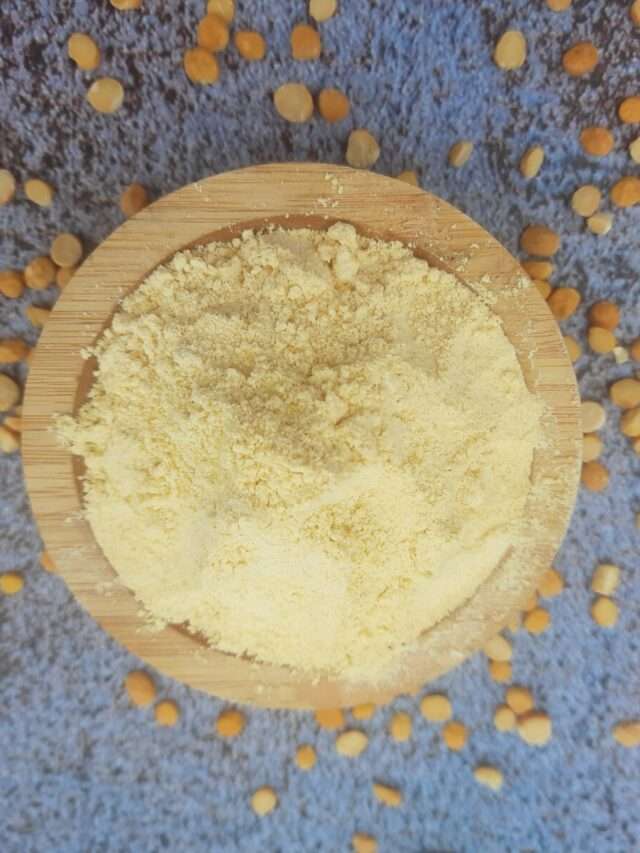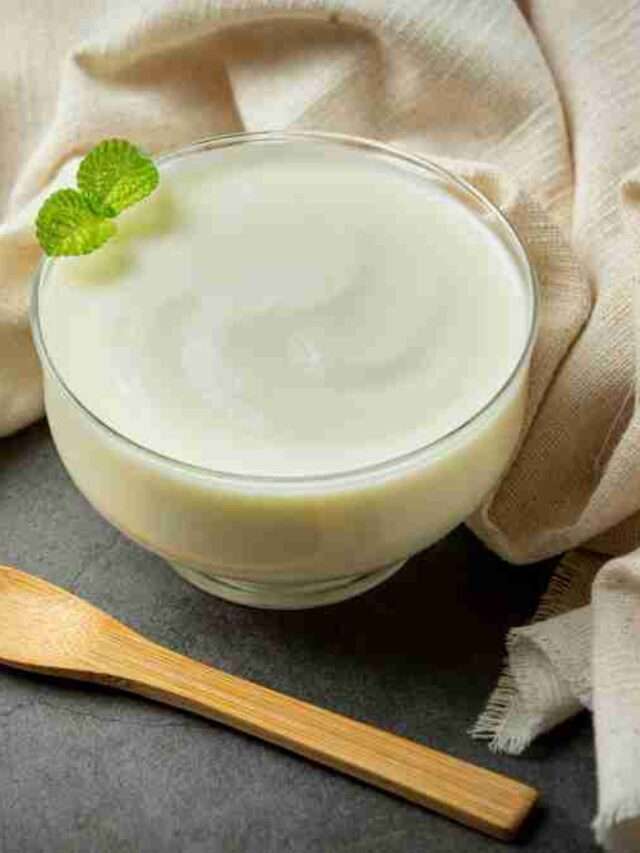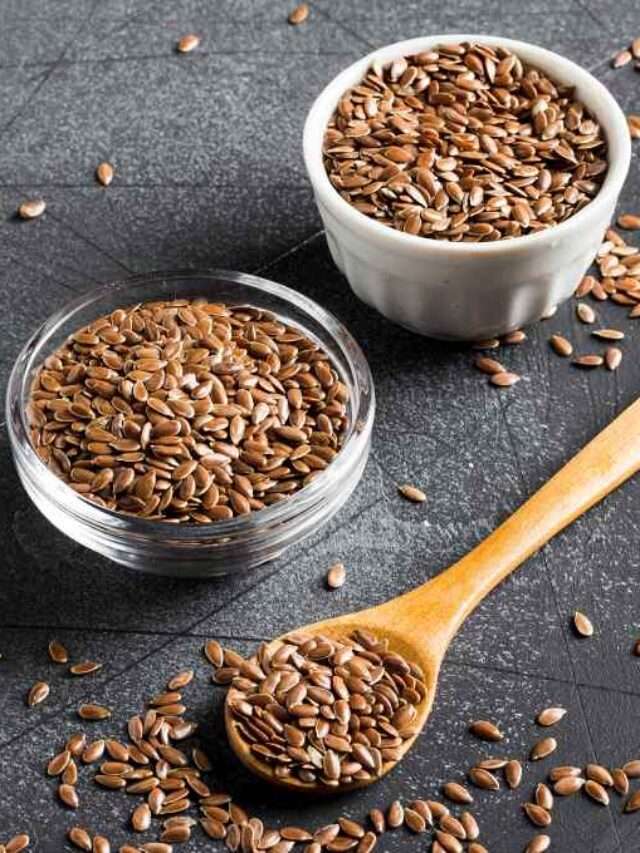The information about fenugreek seeds and their benefits can be found in various ancient Indian texts and traditional medicinal systems. Some of the well-known texts that discuss the medicinal properties of herbs, including fenugreek, include:
1.Ayurveda
Ayurveda is one of the oldest systems of medicine followed in India . I comprises a vast body of texts, including Charaka Samhita, Sushruta Samhita, and Ashtanga Hridaya, which discuss the use of fenugreek seeds and other herbs for various health purposes.
2.Bhavaprakasha
The Bhavaprakasha is an important Ayurvedic text that elaborates on the properties and uses of various herbs, including fenugreek, for treating different ailments.
3.Unani Medicine
Fenugreek seeds are also used in the Unani system of medicine, and their benefits can be found in various Unani texts like Al-Qanoon fit-Tibb (The Canon of Medicine) by Ibn Sina (Avicenna).
4.Charaka Samhita
This ancient Ayurvedic text, attributed to the sage Charaka, contains detailed information on herbal medicine and formulations, including the use of fenugreek seeds.
5.Sushruta Samhita
Another significant Ayurvedic text, attributed to the sage Sushruta, which discusses the properties of herbs like fenugreek and their applications in healing.
These texts have been passed down through generations and form the basis of traditional medicine practices in India. They offer valuable insights into the use of fenugreek seeds for various health benefits. However, as mentioned earlier, it’s essential to approach these traditional practices with a critical and evidence-based perspective, seeking advice from qualified healthcare professionals for specific health concerns.
Nutrition Value per 100 grams of Fenugreek Seeds:
- Calories: 323 kcal
- Protein: 23 grams
- Fat: 6.41 grams
- Carbohydrates: 58 grams
- Dietary Fiber: 24.6 grams
- Sugars: 0 grams
- Calcium: 176 mg
- Iron: 33.53 mg
- Magnesium: 191 mg
- Phosphorus: 296 mg
- Potassium: 770 mg
- Sodium: 67 mg
- Vitamin C: 3 mg
- Vitamin B6: 0.6 mg
- Folate: 57 mcg
Fenugreek seeds are a good source of dietary fiber, protein, iron, magnesium, and phosphorus. They are low in calories and carbohydrates, making them a nutritious addition to various dishes and remedies.
The high fiber content in fenugreek seeds can aid digestion and promote a feeling of fullness, which may be beneficial for weight management. The iron content makes them valuable for individuals with iron-deficiency anemia.
Fenugreek seeds also contain various bioactive compounds, including flavonoids, alkaloids, and saponins, which contribute to their potential health benefits.
WHY FENUGREEK SEEDS ARE BENEFICIAL FOR HEALTH?
Fenugreek seeds are considered beneficial due to their rich nutritional content and the presence of various bioactive compounds that can positively impact health. Some of the key reasons why fenugreek is believed to be beneficial include:
- Nutritional Profile: Fenugreek seeds are a good source of vitamins, minerals, and dietary fiber. They contain nutrients like iron, magnesium, manganese, copper, and vitamin B6.
- Antioxidant Properties: Fenugreek seeds contain antioxidants like flavonoids, polyphenols, and saponins that can help neutralize harmful free radicals in the body, reducing oxidative stress and potential damage to cells.
- Blood Sugar Regulation: Fenugreek seeds may have a positive effect on blood sugar levels due to their soluble fiber content and compounds like galactomannan, which can slow down the absorption of sugar in the intestines.
- Digestive Health: The soluble fiber in fenugreek seeds can aid digestion and help alleviate issues like constipation and bloating. It can also promote a healthy gut by serving as a prebiotic, supporting beneficial gut bacteria.
- Lactation Support: Fenugreek seeds are often recommended to breastfeeding mothers as they are believed to stimulate milk production and increase breast milk supply.
- Anti-Inflammatory Effects: Fenugreek contains compounds with potential anti-inflammatory properties, which may help reduce inflammation in the body and provide relief from certain inflammatory conditions.
- Potential Cardiovascular Benefits: Some research suggests that fenugreek may have a positive impact on heart health by reducing cholesterol levels and supporting healthy blood pressure.
- Respiratory Health: Fenugreek seeds are used in traditional medicine to alleviate respiratory issues like coughs and congestion.
- Skin Health: Fenugreek has been traditionally used for skin health, and it is sometimes applied topically to manage conditions like acne and inflammation.
HEALTH BENIFITS OF FENUGREEK SEEDS
Fenugreek seeds are believed to offer various health benefits, some of which include:
- Digestive Health: Fenugreek seeds contain soluble fiber, which can aid digestion, prevent constipation, and promote a healthy digestive system.
- Blood Sugar Regulation: Fenugreek may help lower blood sugar levels and improve insulin sensitivity, making it potentially beneficial for individuals with diabetes.
- Lactation Support: Fenugreek seeds are often used to promote milk production and increase breast milk supply in breastfeeding mothers.
- Anti-Inflammatory Effects: Fenugreek seeds may possess anti-inflammatory properties, helping to reduce inflammation in the body and alleviate related conditions.
- Cardiovascular Health: Some studies suggest that fenugreek may help lower cholesterol levels and support heart health by reducing the risk of cardiovascular diseases.
- Weight Management: The soluble fiber in fenugreek may help promote a feeling of fullness, which can aid in weight management and appetite control.
- Respiratory Health: Fenugreek seeds have been used traditionally to relieve respiratory issues like coughs and congestion.
- Hormone Regulation: Fenugreek may have a positive impact on hormone levels, including testosterone, potentially benefiting male reproductive health.
- Skin Health: Fenugreek seeds are sometimes used topically for skin issues like acne, inflammation, and wound healing.
- Antioxidant Properties: Fenugreek contains antioxidants that can help neutralize free radicals, protecting cells from oxidative stress and potential damage.
- Bone Health: Fenugreek seeds are a source of minerals like calcium and magnesium, which are essential for bone health.
- Aphrodisiac Effects: In some traditional practices, fenugreek is considered to have aphrodisiac properties, supporting sexual health and vitality.
.HOW TO CONSUME FENUGREEK SEEDS
Fenugreek seeds can be consumed in various forms to harness their health benefits. Here are some common ways to consume fenugreek seeds:
- Fenugreek Tea: One of the easiest ways to consume fenugreek seeds is by making fenugreek tea. To prepare fenugreek tea, simply add a teaspoon of fenugreek seeds to a cup of boiling water. Let it steep for about 5-10 minutes, strain, and drink it. You can sweeten the tea with honey or add a dash of lemon juice for flavor.
- Soaked Fenugreek Seeds: Soaking fenugreek seeds overnight can make them easier to digest and can reduce their bitter taste. After soaking, you can consume the softened seeds directly or add them to your meals.
- Sprouted Fenugreek Seeds: Fenugreek seeds can be sprouted to enhance their nutritional value. Rinse the seeds thoroughly, soak them overnight, and then drain and rinse them daily until sprouts appear. You can add these sprouted seeds to salads, sandwiches, or smoothies.
READ MORE: The Natural Drink : Embracing the Power of Coconut Water
- Fenugreek Powder: You can grind fenugreek seeds into a fine powder using a spice grinder or mortar and pestle. This fenugreek powder can be added to various dishes like curries, stews, or soups for flavor and health benefits.
- Fenugreek Capsules or Supplements: Fenugreek supplements are available in the form of capsules or pills. It’s essential to follow the recommended dosage provided on the product label and consult with a healthcare professional before starting any supplement.
- Cooking: Fenugreek seeds are commonly used as a spice in Indian cuisine. They can be added to curries, dal (lentil) dishes, pickles, and various other recipes to enhance flavor and impart their health benefits.
As with any food or supplement, moderation is key, and it’s essential to consider your individual dietary needs and health condition when incorporating fenugreek seeds into your diet.









